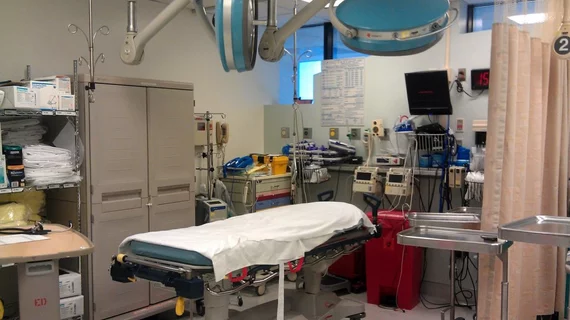Researchers use AI to predict signs of alcohol misuse in trauma patients
With alcohol misuse playing a role in more than 25 percent of trauma cases, Loyola University researchers have developed a method that uses AI to predict the signs of alcohol misuse in these patients. The method could serve as an affordable option for trauma centers.
The findings were detailed in a recent study published in the Journal of the American Medical Informatics Association. Led by Majid Afshar, MD, a critical care physician at Loyola Medicine and assistant professor at Loyola University Chicago Stritch School of Medicine, researchers used natural-language process (NLP), a form of AI that allows computers to understand human language, to analyze EHRs for signs of alcohol abuse in 1,422 trauma patients. The patient records included more than 91,000 clinician notes and 16,000 medical concepts.
The AI-based method was able to differentiate between trauma patients who abused alcohol and those who didn’t 78 percent of the time. It also had a sensitivity and specificity of 56 percent. Using NLP, researchers were also able to identify 16 medical concepts from clinical notes that predicted alcohol misuse, according to the study.
The medical concepts identified included:
- Intoxication
- Neglect
- Drinking problems
- Liver imaging
- Sexually active
- Marijuana
- B1 vitamin thiamine
There are currently several screening methods used by physicians to identify alcohol abuse in patients, according to press a release. However, researchers described those methods as being “resource-intensive” and costly for health systems. Though additional research is needed, researchers believe the AI-based method could serve as an affordable alternative for hospitals.
"The technique provides an automated approach to potentially overcome staffing and patient barriers for (screening, brief intervention and referral to treatment) programs at trauma centers,” the release stated.

